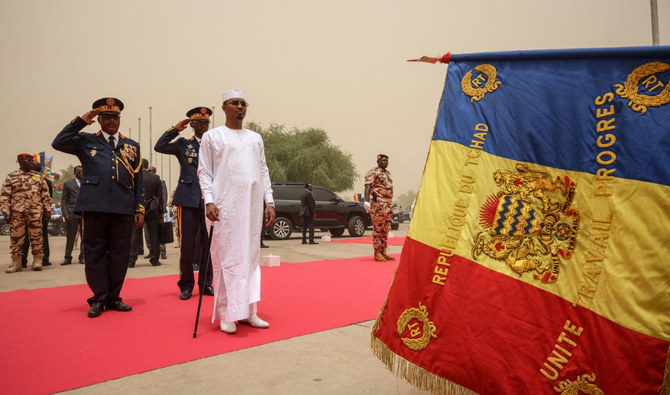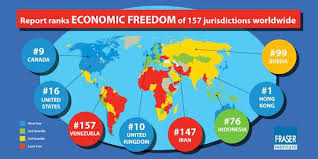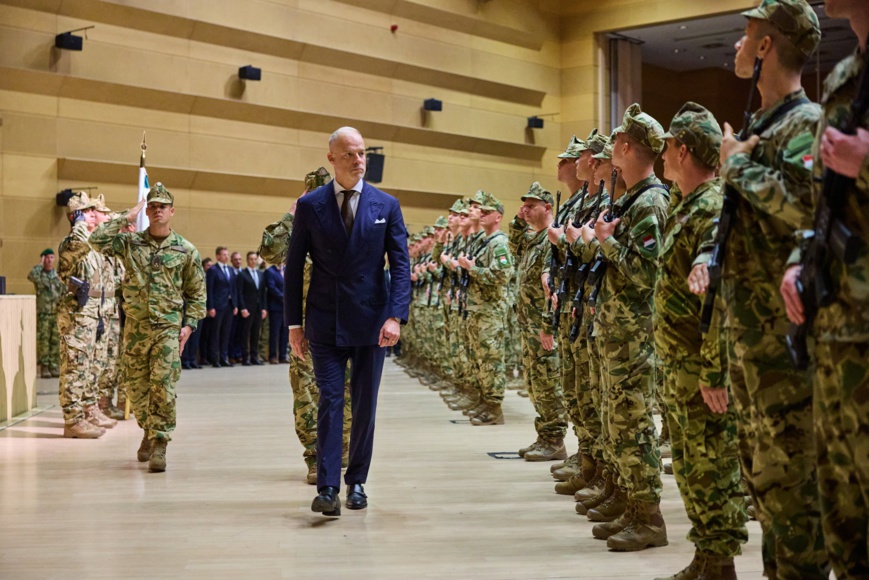Chad’s newly elected president, Mahamat Idriss Deby, was sworn in on Thursday (23 May), days after a controversial long-delayed election on 6 May, ending a disputed transition from three years of military regime to democratic rule.
Deby Itno has succeeded his late father, Idriss Deby Itno, who was killed fighting rebels in 2021, and served since then for three years as an interim leader under military rule in the north-central African country.
His main rival, Succès Masra, who was allowed to return to Chad from exile last year and was appointed prime minister, claimed to have won the election, filed an appeal to challenge the preliminary results. The appeal was, however, dismissed. Masra, who had been involved in protests against Deby Itno’s decision to extend his time in power and then contested the results earlier this month, resigned from his post as prime minister on Wednesday (22 May).
Shortly after Deby’s inauguration, the country announced that Allamaye Halina, who was previously its ambassador to China, would assume the post of prime minister.
Hailed by the United States and France as one of the last remaining stable allies in the vast Sahel region, Chad hasn’t had a democratic transfer of power since it became independent in 1960, after decades of French colonial rule. Western leaders congratulated the new president despite irregularities in the poll, which included Chad’s decision to ban 2,900 EU-trained observers from monitoring the election.
Following military coups in neighboring Burkina Faso, Mali, and Niger, the ruling juntas there have expelled French forces and turned to Russia’s mercenary units for security assistance instead.
In his first presidential address, Deby Itno promised to focus on boosting agricultural and farming sectors, and investing in education, access to water and healthcare, in the oil-exporting, yet poverty-stricken country of nearly 18 million people.



